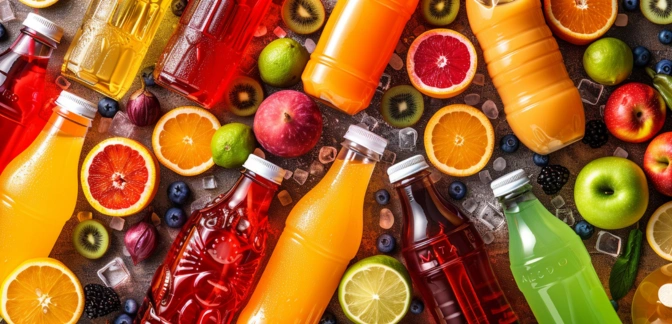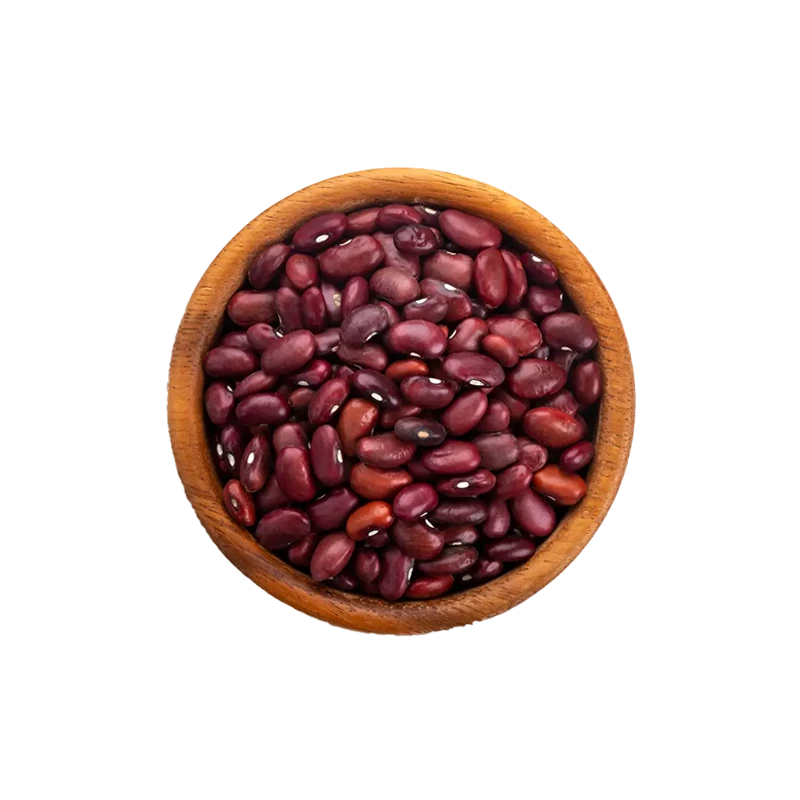Juice — Nutrients, Health Benefits, and Shopping Tips

Written by Listonic Team
Last update on September 4, 2024
Nutrition facts
Nutrition facts
Amount per 100 g
Calories
🔥 45 kcal
| Nutrients per: 100 g | Value | % Daily Value* |
|---|---|---|
| Carbs | 11 g | 4% |
| Fiber | 0 g | - |
| Sugars | 10 g | 20% |
| Glycemic Index | 50 | - |
| Protein | 0 g | - |
| Sodium | 1 mg | 0.04% |
| Total Fat | 0 | - |
*The % of Daily Value (DV) tells you how much a nutrient in a serving of food contributes to a daily diet. 2,000 calories a day is used for general nutrition advice.
50
🟢 Low Glycemic Index
Did you know?
Health benefits
- Rich in vitamins and minerals such as Vitamin C, potassium, and folate, which support immune function, heart health, and overall well-being.
- Contains antioxidants from fruits and vegetables, which help protect the body from free radicals and reduce inflammation.
- Promotes hydration while providing a flavorful alternative to plain water.
- Provides quick energy from natural sugars, making it a convenient source of fuel.
Health risks
- High sugar content even in natural fruit juices, which can contribute to weight gain, tooth decay, and increased risk of diabetes if consumed frequently.
- Low fiber content compared to whole fruits, as the juicing process removes much of the fiber, which is important for digestive health.
- High calorie content which can contribute to weight gain if consumed in large quantities or as a replacement for water or lower-calorie beverages.
- Potential for artificial additives such as preservatives or flavorings in some commercial fruit juices, which may cause adverse reactions in sensitive individuals.
How to choose juice
High-quality juice should be vibrant in color and made from 100% fruit without added sugars or artificial ingredients. The juice should have a rich, natural flavor that reflects the fruit from which it was made.
Avoid juices that are diluted or have a bland taste, as these lack the nutritional benefits and flavor of pure fruit juices. Good juice will provide a refreshing and healthful beverage option, bursting with natural sweetness.

How to store juice
Juice should be stored in the refrigerator once opened. Keeping it in its original container or transferring it to a sealed bottle helps maintain its freshness and flavor. Properly stored, juice remains a refreshing beverage.
Allowing juice to sit at room temperature can cause it to spoil quickly. It's essential to keep it away from strong-smelling foods, as juice can absorb unwanted odors. Ensuring consistent refrigeration helps preserve its nutritional value and taste, making it safe and enjoyable to drink.
✅ Extra Tip
How long does it last?
Juice can last for 7-10 days in the refrigerator once opened. Unopened, it can last for 6-12 months when stored in a cool, dark place. Always check the expiration date on the packaging for the best quality.
What to do with leftovers?
Leftover juice can be used in a variety of culinary and non-culinary ways. In the kitchen, juice can be used to add flavor to smoothies, marinades, dressings, and desserts. Fruit juices can be reduced to make syrups or glazes for cakes, pancakes, and meats, while vegetable juices can be used as a base for soups or sauces.
Beyond cooking, juice can be used creatively around the house. Fruit juice can be frozen into ice cubes and added to water or cocktails for a refreshing twist. Certain juices, like lemon or orange juice, can be used as natural cleaning agents to remove stains, deodorize, or polish surfaces. Juice can also be used in DIY beauty treatments; for instance, applying a mixture of juice and honey to the skin can help brighten the complexion. Additionally, juice can be used as a natural dye for fabrics or Easter eggs, giving them a light tint without using artificial colors.
👨⚕️️ Medical disclaimer
How juice supports specific health conditions
Juice provides essential vitamins, particularly vitamin C, which supports immune health and promotes skin health by aiding collagen production. Opting for 100% juice without added sugars can provide health benefits while balancing it with fiber-rich meals to slow sugar absorption and support digestive health.
However, juice is often high in natural sugars, so it should be consumed in moderation to maintain blood sugar control.
Discover products from other categories
Listonic Team
Fact-checked
Our editorial team checked this article to make sure it was accurate at the time of publishing it.
Get the top-rated shopping list app







